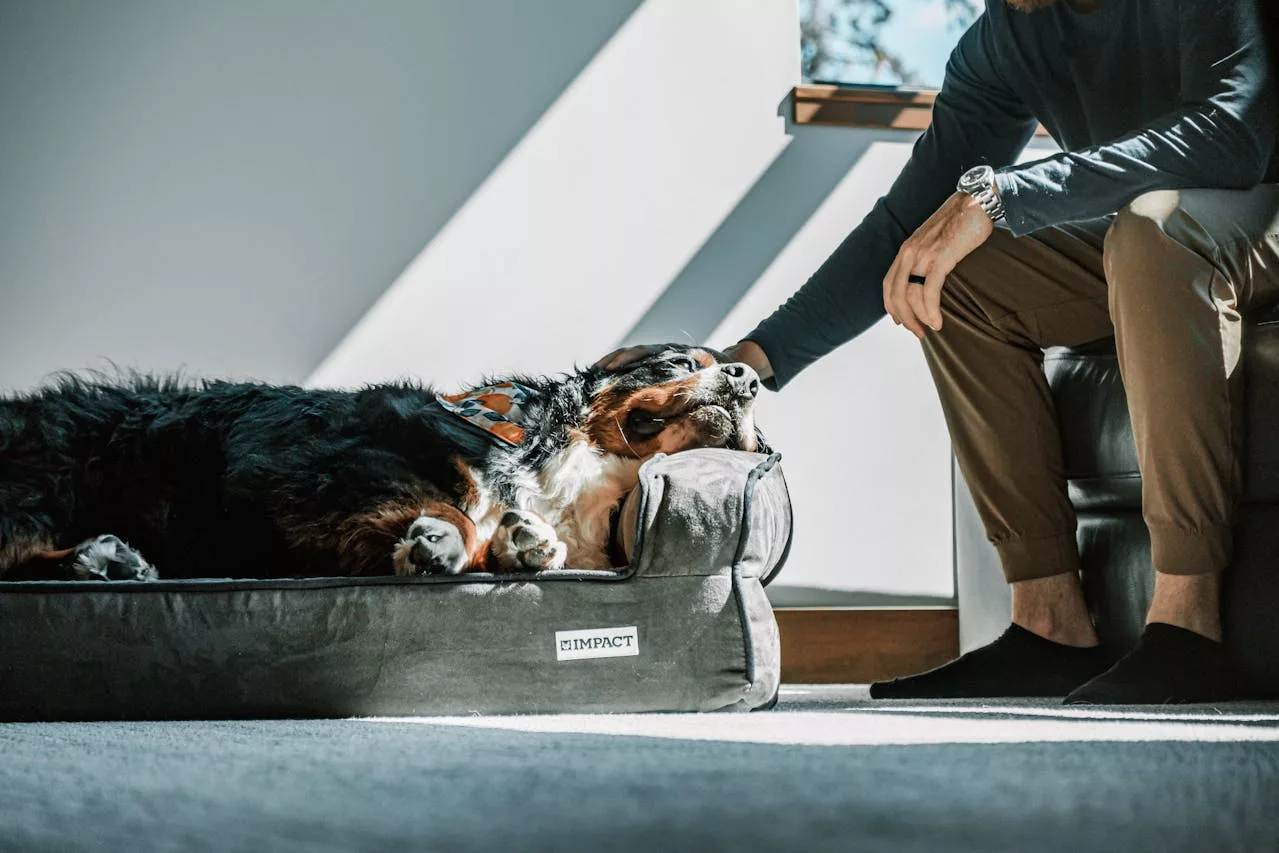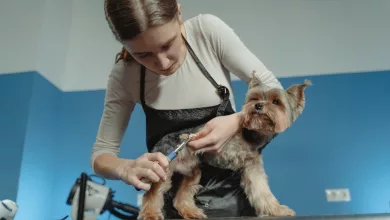Digestive issues are one of the most common health problems faced by pets. Whether it’s an upset stomach, diarrhea, or chronic digestive disorders, knowing the signs and understanding how to treat them can ensure your pet’s overall well-being. In this blog, we will explore how to identify and treat common digestive issues in pets, offering tips for prevention and maintaining your furry friend’s digestive health.
1. Common Signs of Digestive Issues in Pets
Digestive problems in pets can manifest in several ways. While some symptoms are obvious, others may be more subtle. Paying attention to these signs can help you identify when your pet might be dealing with a digestive problem:
- Vomiting: Frequent or occasional vomiting can indicate a problem, ranging from a minor stomach upset to a more serious condition.
- Diarrhea: Loose, watery stools are a clear sign of gastrointestinal distress. Persistent diarrhea can lead to dehydration and requires veterinary attention.
- Loss of appetite: If your pet is suddenly disinterested in food, it might indicate digestive discomfort.
- Bloating and gas: Excessive bloating or gas, especially in dogs, could be a sign of digestive issues or even dangerous conditions like gastric torsion (bloat).
- Lethargy: A pet with digestive problems may show reduced energy levels due to discomfort or dehydration.
- Constipation: Difficulty passing stools or going several days without a bowel movement can also signal a digestive problem.
- Abdominal pain: Signs of abdominal discomfort such as whining, sensitivity to touch, or difficulty moving can point to gastrointestinal distress.
2. Common Causes of Digestive Problems in Pets
Digestive issues can be triggered by a wide range of factors. Understanding the common causes can help you prevent or manage these conditions:
- Dietary indiscretion: Pets, especially dogs, often eat things they shouldn’t, like spoiled food, garbage, or foreign objects, leading to stomach upset.
- Sudden diet changes: A rapid change in diet can disrupt the gut flora and cause diarrhea or vomiting.
- Food allergies or intolerances: Some pets may have sensitivities to certain ingredients in their food, such as grains, dairy, or specific proteins.
- Infections: Bacterial, viral, or parasitic infections (like worms or giardia) can lead to gastrointestinal issues.
- Chronic conditions: Disorders such as inflammatory bowel disease (IBD), pancreatitis, or colitis can cause recurring digestive problems.
- Medications: Certain medications, such as antibiotics or non-steroidal anti-inflammatory drugs (NSAIDs), can cause gastrointestinal upset as a side effect.
3. How to Treat Common Digestive Issues in Pets
The treatment for digestive issues depends on the underlying cause. Below are some general guidelines for addressing common pet digestive problems:
- Mild Upset Stomach:
- Fasting: For pets with mild vomiting or diarrhea, fasting for 12-24 hours (for dogs) can help reset their digestive system.
- Hydration: Ensure your pet has access to fresh water to prevent dehydration, especially if vomiting or diarrhea persists.
- Bland diet: After fasting, introduce a bland diet consisting of boiled chicken and rice or special gastrointestinal pet food. Gradually transition back to their normal diet.
- Severe or Persistent Diarrhea/Vomiting:
- Veterinary care: If symptoms persist for more than 24 hours or are accompanied by lethargy, blood in stools, or dehydration, consult your vet.
- Medications: Your vet may prescribe anti-nausea medication, probiotics, or other treatments to help restore gut health.
- Food Allergies or Intolerances:
- Elimination diet: Identifying food intolerances often requires switching to a hypoallergenic or novel protein diet under veterinary supervision.
- Long-term management: Once the offending food is identified, a permanent dietary change is usually necessary.
- Parasites:
- Deworming: A routine deworming schedule can prevent many parasitic infections.
- Fecal exams: Regular stool tests can help detect parasites like giardia or roundworms early on.
- Chronic Conditions (IBD, Pancreatitis, etc.):
- Special diets: Pets with chronic conditions often require a prescription diet that is easy on the digestive system.
- Long-term medication: Your vet may prescribe medications to manage inflammation, control symptoms, and support gut health.
- Regular check-ups: Ongoing vet visits are crucial for monitoring chronic digestive issues and adjusting treatment as needed.
4. Preventing Digestive Issues in Pets
While some digestive problems are inevitable, there are steps you can take to minimize the risk of your pet experiencing them:
- Consistent diet: Avoid sudden changes in your pet’s food, and stick to high-quality pet foods formulated for their age and health needs.
- Proper hydration: Ensure your pet always has access to clean, fresh water to support healthy digestion.
- Limit table scraps: Human food can often cause digestive upset, especially fatty or spicy foods, and should be avoided.
- Routine veterinary care: Regular vet check-ups can help detect any underlying health issues before they become serious.
- Probiotics and supplements: Consider giving your pet probiotics or digestive supplements (with your vet’s approval) to promote gut health.
- Keep harmful substances out of reach: Be mindful of what your pet has access to, especially garbage, toxic foods (like chocolate or onions), and small objects that could cause blockages.
5. When to See a Veterinarian
While mild digestive issues can often be managed at home, some symptoms require immediate veterinary attention. If your pet is experiencing any of the following, it’s essential to seek professional help:
- Severe or prolonged vomiting and diarrhea
- Blood in stools or vomit
- Signs of dehydration (dry gums, sunken eyes, lethargy)
- Abdominal bloating (especially in dogs, as it may indicate life-threatening bloat)
- Significant loss of appetite or weight loss
- Persistent constipation
- Visible discomfort or signs of pain
Conclusion
Digestive issues in pets can range from mild and short-lived to serious and chronic. Knowing the signs, understanding the causes, and taking prompt action can help ensure that your pet remains healthy and happy. If you ever have concerns about your pet’s digestive health, consult with your veterinarian for an accurate diagnosis and appropriate treatment plan.




